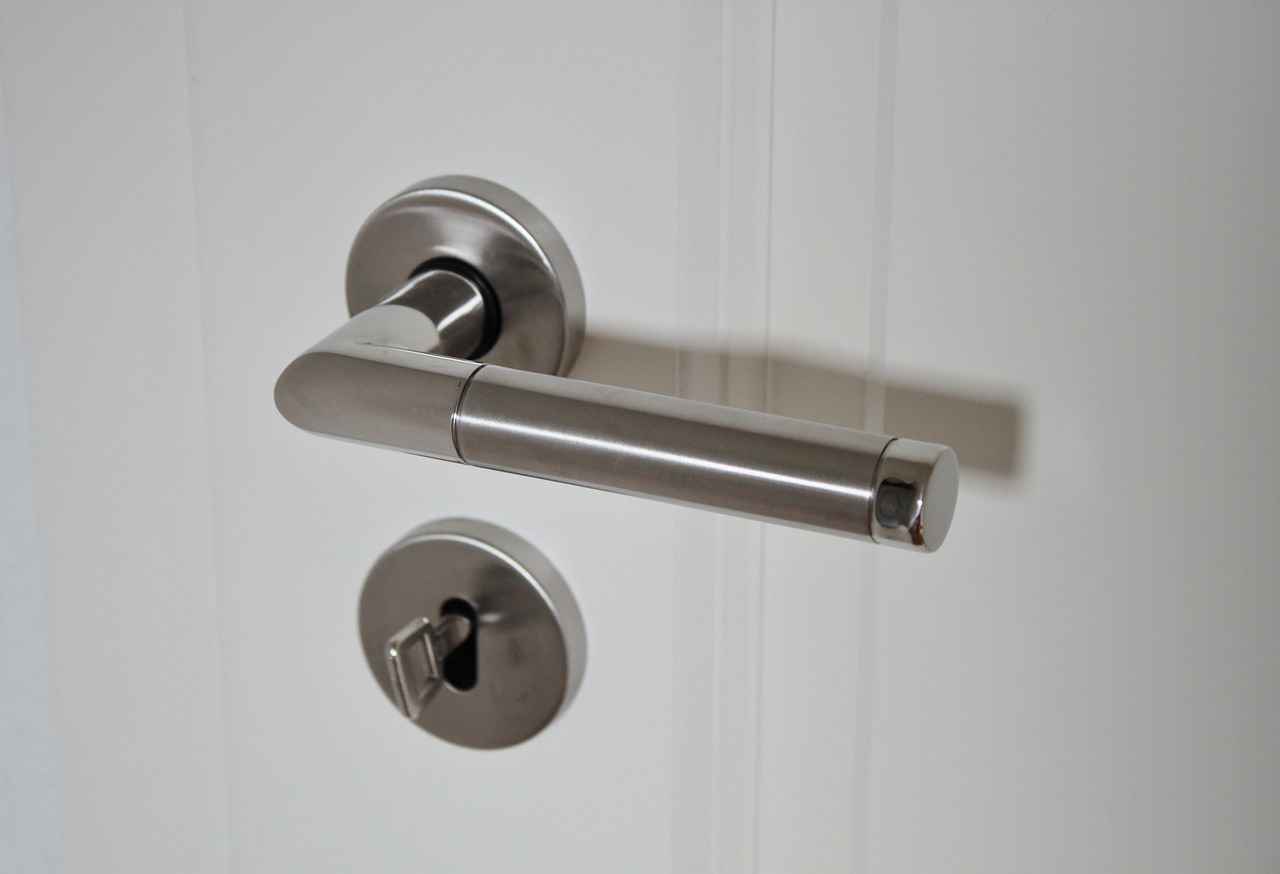Owning rental properties is a real mix of ups and downs for me. The more I’ve grown into the role, the more I’ve leaned towards private real estate funds for their hands-off nature and diversity.
One of the perks of having rental properties has been the financial confidence they’ve given me. However, they’re also the biggest source of my investment stress. Issues with tenants and maintenance can really ruin my day, and unexpected problems always seem to pop up.
To manage the stress, I’ve shifted my perspective. Instead of seeing property management as a burden, I now treat it like a part-time job. This mindset change has really helped me cope better when problems arise.
Here’s an example to illustrate the highs and lows:
The Downside of Being a Landlord:
Last August, my sister and her boyfriend stayed at one of my rental properties. They might have left a side door unlocked, which is not usually a big deal. That night, however, a burglar stole a $3,000 bike from the upstairs tenant. The bike was uninsured, and there was no evidence on the security cameras. Despite not feeling responsible for the theft, I compromised with my tenant over the $500 insurance deductible, agreeing to pay half. This incident made me reconsider my responsibilities and the terms I set with tenants, including the need for insurance and better security measures.
The Upside of Rental Properties:
Despite the stressors, I love the stability and control I have with real estate compared to the stock market. For instance, the ongoing COVID restrictions in China have led to global economic fluctuations that affect stock investments, something completely out of an investor’s control. Real estate investments, by contrast, tend to be more insulated from such external pressures. People always need a place to live, and during uncertain times, this need only grows stronger.
After years of managing properties, I’ve set a personal limit to how many I can handle to maintain my sanity. All new capital I’m ready to invest now goes into passive real estate opportunities. This approach gives me the income and stability of real estate without the day-to-day headaches.
In summary, real estate can be a powerful investment, but it’s not without its challenges. It’s crucial to find your own limits and decide how much you’re willing to manage on your own. Whether you prefer being hands-on or investing passively, the key is to choose what aligns with your personal tolerance for stress and involvement.








































